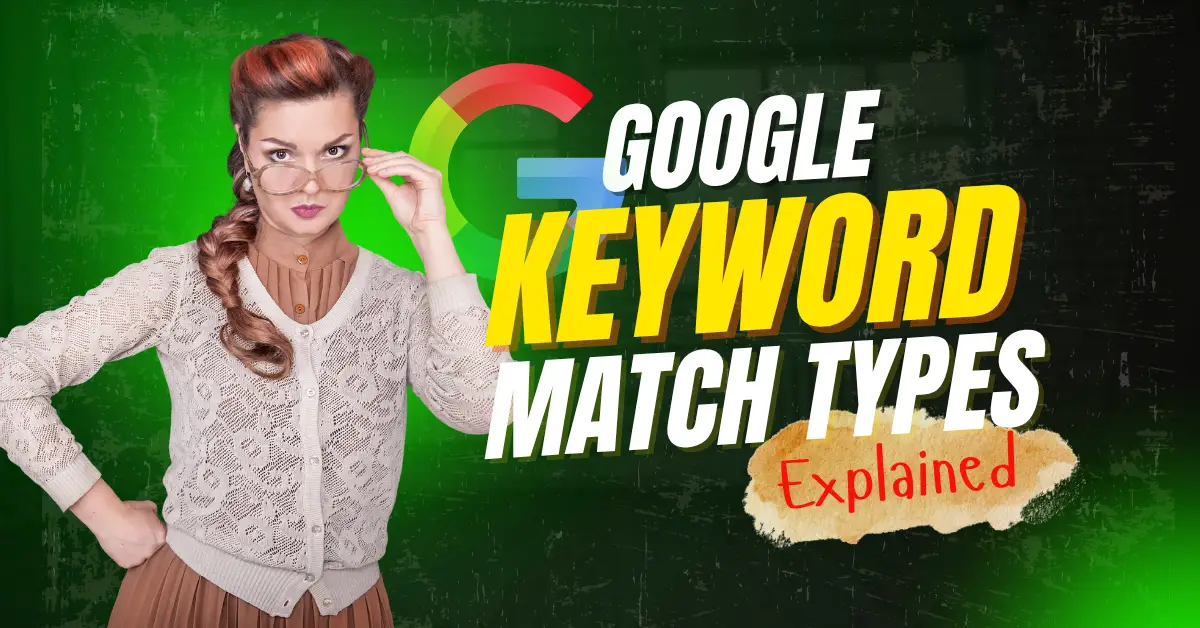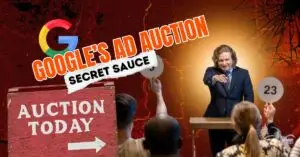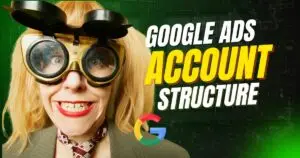If you’ve ever launched a Google Ads campaign and wondered why your phone isn’t ringing or why the calls you do get are completely weird or irrelevant your keyword match types could be the reason.
Many small business owners and marketers make the mistake of assuming Google automatically knows who you want to reach. In reality, the type of keyword match you use tells Google how broad or narrow to make your audience. Choose the wrong one, and you’ll either miss opportunities or waste your ad budget on the wrong clicks.
Another way to look at it is Google is brilliant about all things online, but when it’s more profitable for Google to play dumb, it does exactly that. A click is a click to Google whether it it’s profitable for you or not. That’s why if you’re going to use Google Ads, you must use the proper keyword match type.
In this post, we’ll break down the three main keyword match types and explain how to use them effectively.
Broad Match
What it is:
Broad match is the default match type in Google Ads. If you enter a keyword like plumber near me, Google may show your ad for a wide range of searches, including things like “bathroom repair,” “water leak,” or even “septic services.”
When to use it:
Use broad match carefully, usually paired with smart bidding or negative keywords. It’s best reserved for experienced advertisers or campaigns where you want to explore new search opportunities.
Pros:
- Wide reach
- Good for discovering new search terms
Cons:
- Can lead to irrelevant clicks
- Wastes budget without tight controls
Phrase Match
What it is:
Phrase match shows your ads when someone searches for a phrase that includes your keyword in the same order. For example, “emergency plumber near me” might trigger an ad for the keyword “plumber near me”.
When to use it:
Phrase match is a good balance between reach and control. It’s ideal for most local service businesses.
Pros:
- More targeted than broad match
- Still captures a range of searches
Cons:
- Can still show on some irrelevant searches
- Requires monitoring and negative keyword updates
Exact Match
What it is:
Exact match means your ad will only show when someone types your keyword or a very close variation exactly. For example, the keyword [plumber near me] will trigger your ad for “plumber near me” or “plumbers near me.”
When to use it:
Use exact match when you want maximum control and have a clear idea of your highest-converting keywords.
Pros:
- Highly targeted
- Great for protecting your budget
Cons:
- Limited reach
- May miss good variations
Final Thoughts
Start with Phrase or Exact Match when launching a new campaign. Once you gather data, you can test Broad Match if you’re using smart bidding or advanced filters. Always monitor performance closely and adjust your keyword strategy over time.
Need help setting up your keyword strategy? I help home service businesses get real results with Google Ads. Book a free consultation and let’s talk.
Sign up for a FREE phone consultation with me. Click Here. You’ll be taken to my personal calendar.





